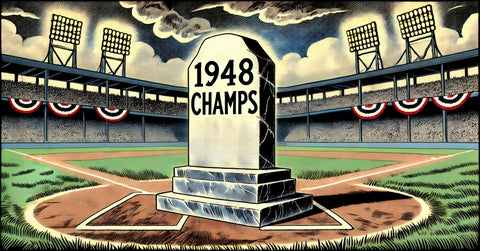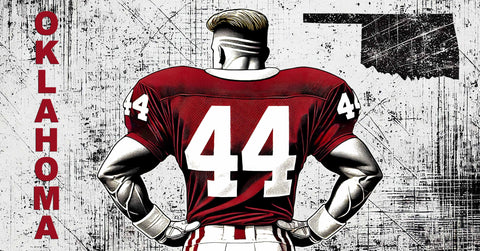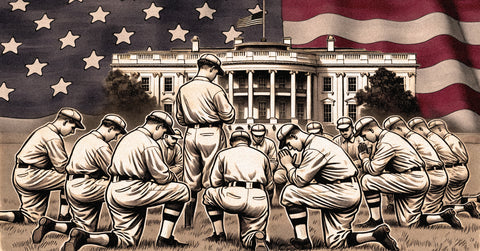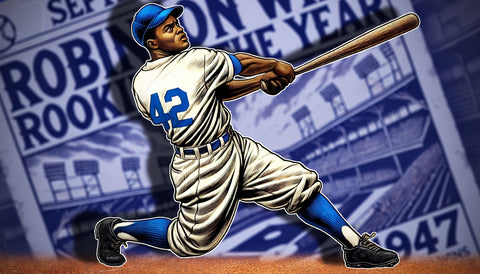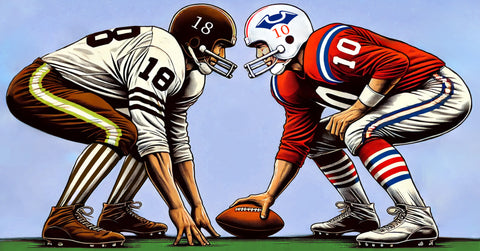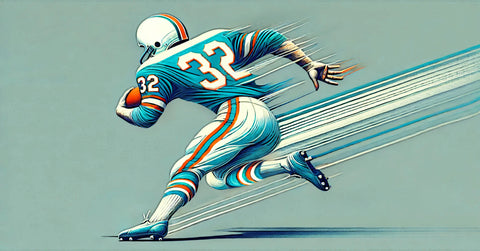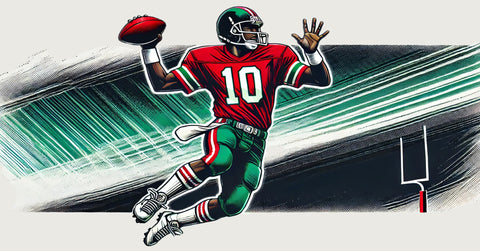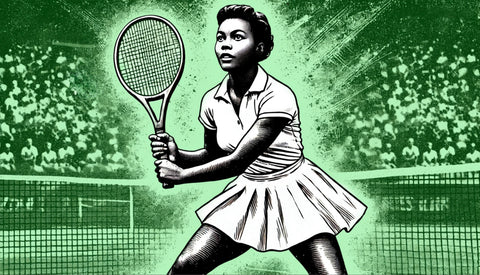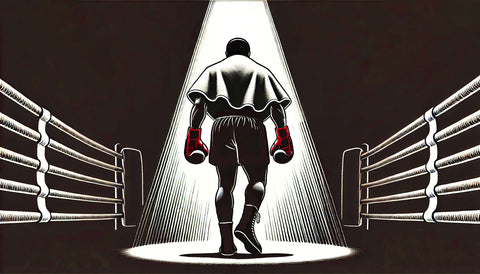
September 11, 1928: Ty Cobb’s Final Swing – The End of an Era in Baseball
Share
On this day in sports history, one of Major League Baseball’s most iconic figures, Ty Cobb, made his final appearance at the plate. Playing for the Philadelphia Athletics on September 11, 1928, Cobb faced the New York Yankees. His final at-bat ended with a pop-out, a quiet conclusion to an extraordinary career that spanned more than two decades and left an indelible mark on the sport.
Born in Narrows, Georgia, on December 18, 1886, Tyrus Raymond Cobb, known as “The Georgia Peach,” began his Major League career at 18 years old. After making his debut with the Detroit Tigers in 1905, Cobb quickly became one of the game’s most feared and respected players. Over 24 seasons—22 with the Tigers and two with the Philadelphia Athletics—Cobb’s accomplishments on the field cemented his place in baseball history.
Cobb was renowned for his unparalleled ability to hit, run, and strategize. His aggressive style of play and relentless drive for victory made him both a fierce competitor and a figure of immense respect in the baseball world. He retired with 4,189 hits, a record that stood until Pete Rose surpassed it in 1985. Cobb’s .366 career batting average was the highest in Major League Baseball for nearly a century. His daring base-running, including 54 steals of home, added to his legacy as one of the game’s all-time greats.
For many decades, Ty Cobb held the top spot as MLB’s all-time batting average leader. However, in May 2024, Major League Baseball officially incorporated Negro League statistics into its records, recognizing the achievements of approximately 3,400 players who competed in the major Negro Leagues from 1920 to 1948. This change allowed Josh Gibson, one of the most celebrated hitters in Negro League history, to claim the highest career batting average in MLB with a .372 mark, surpassing Cobb’s .366. Gibson’s remarkable .466 batting average in 1943 also became the highest single-season batting average in MLB history.
While this adjustment reshaped the record books, it did not diminish Cobb’s immense impact on the game. His approach to baseball, characterized by intelligent strategy, aggressive baserunning, and competitive spirit, was a defining force during his era.
Cobb’s final two seasons were spent with the Philadelphia Athletics under the management of Connie Mack, a relationship based on mutual respect. By the time Cobb faced the Yankees on September 11, 1928, his best years were behind him. However, his career’s accomplishments had long been established, making him a legend in the sport.
Cobb was in the first class inducted into the Baseball Hall of Fame in 1936 with Walter Johnson, Christy Mathewson, Babe Ruth and Honus Wagner. His intense approach to the game, both on and off the field, helped shape professional baseball’s competitive nature in its early years. Cobb’s legacy as a master of “inside” baseball—a style focused on strategy and aggressive play—remains part of the sport’s foundation.
Ty Cobb’s final at-bat may have been a pop-out, but his career stands as one of the most remarkable in baseball history. While the 2024 recognition of Josh Gibson and other Negro League players added new names to the top of the record books, Cobb’s status as a defining figure in baseball remains intact. His influence on the game and his reputation as one of the greatest players ever to step on a field ensures that Ty Cobb’s legacy will endure for generations.









